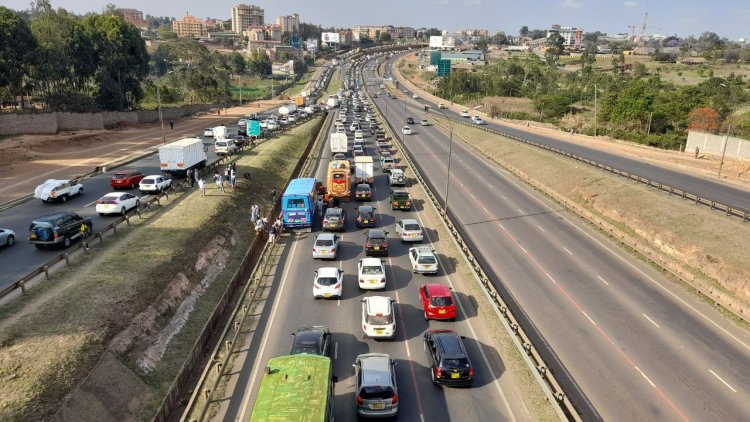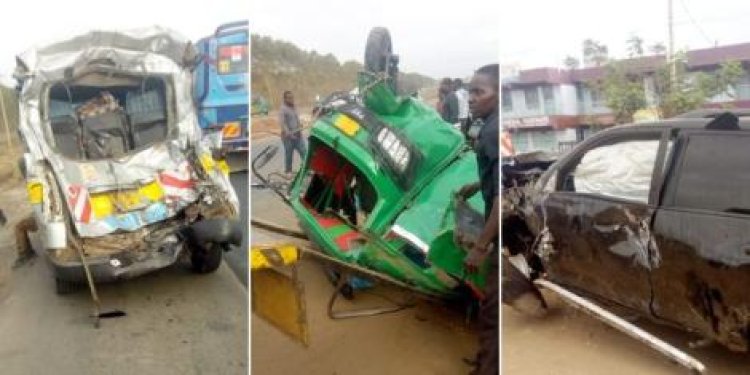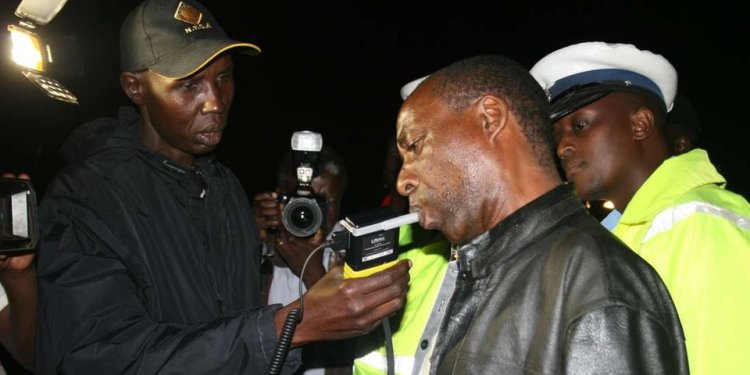NTSA: Why Driving During Weekends Is Dangerous
NTSA attributed the weekends as the most dangerous days on the road to...

The National Transport and Safety Authority (NTSA) has revealed that the weekends of Friday, Saturday and Sunday are the most dangerous days on Kenyan roads.
In a statement on Thursday, November 17, the authority went on to state that the majority of fatal road accidents occur between 5.00 pm and 10.00 pm.
"Most fatal road traffic crashes occur from Friday to Sunday, between 5.00 pm to 10.00pm. The peak being 8.00p.m," read the statement in part.
The authority also revealed that the total number of victims of road accidents shot up from 16,642 in 2021 to 17,550 from January to October 30, 2022.

Deaths also rose from 3,733 to 3,924 while cases of serious injuries went from 8,214 cases to 7,982.
NTSA attributed the weekends as the most dangerous days on the road to reduced enforcement, high volumes of traffic and pedestrians, and driver fatigue.
Other causes were revealed as drunk driving, high speeds on major highways, poor lighting at the pedestrian crossing points and pedestrians crossing at non-designated or unsafe areas, and easily getting knocked by speeding vehicles.
Pedestrians accounted for most deaths which stood at 1,413, followed by motorcyclists at 1,046, passengers (693) and pillion passengers (363).
The NTSA is set to host 2022's World Day of Remembrance for Road Traffic Victims and in collaboration with various government agencies and the private sector, will target counties such as Nairobi, Mombasa, Nakuru, Kisumu, Nyeri, Embu, Meru, Kericho, Eldoret, Nyahururu, Kisii, and Thika. Others are Machakos, Narok, Laikipia, Baringo, Kakamega, Kitale, Garissa and Voi.
NTSA's Proposal Of Tough Rules to Motorists
NTSA proposed in a draft of The Traffic (Drunk Driving) Rules, 2022 that drunk drivers will have their licenses suspended for six months, with emphasis on drivers of Public Service Vehicles (PSVs), commercial and school vehicles.
In the proposed rules, motorists will also have the option of providing urine or blood samples for alcohol limit tests apart from the breathalyser test.
Private vehicle driver's alcohol limit is proposed as follows; 35 microgrammes of alcohol in 100 millilitres of breath, 80 milligrammes of alcohol in 100 millilitres of blood, or 107 milligrammes of alcohol in 100 millilitres of urine.
Under the Traffic Act, section 44, first offenders face a fine not exceeding Ksh10,000 or imprisonment for a term not exceeding three months. Subsequent conviction has a fine not exceeding Ksh20,000 or a jail term not exceeding six months or both.







